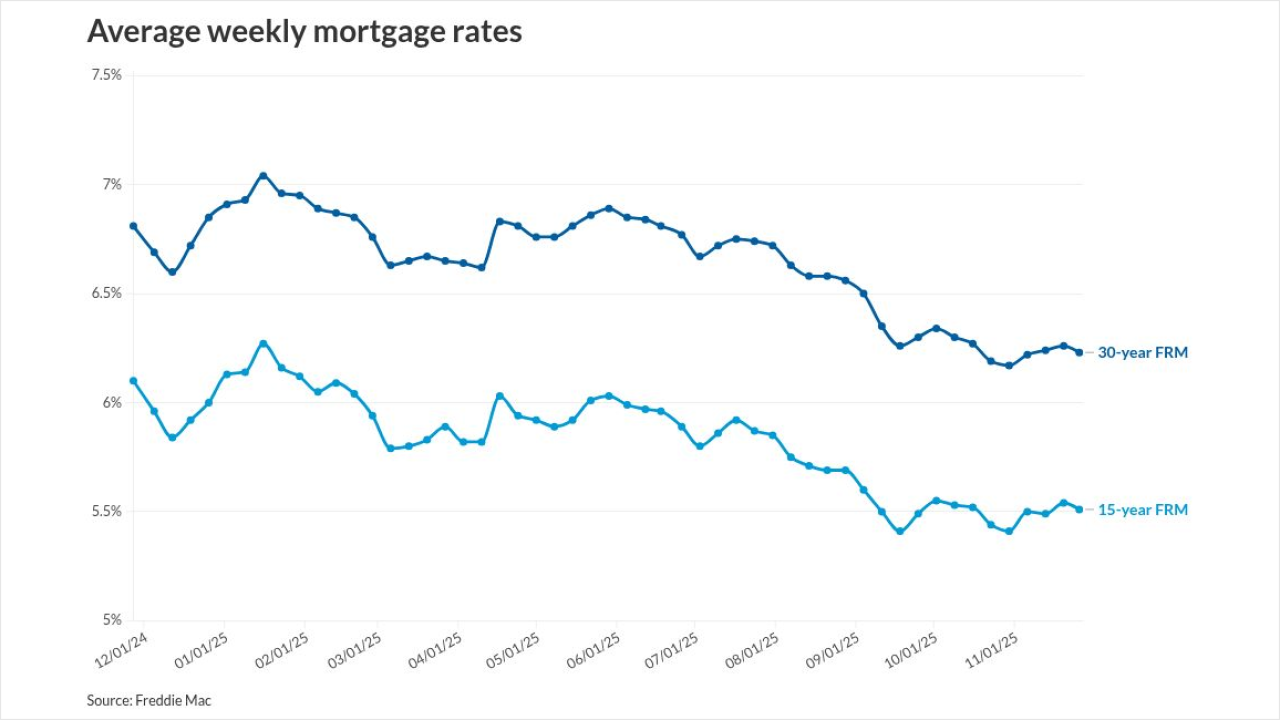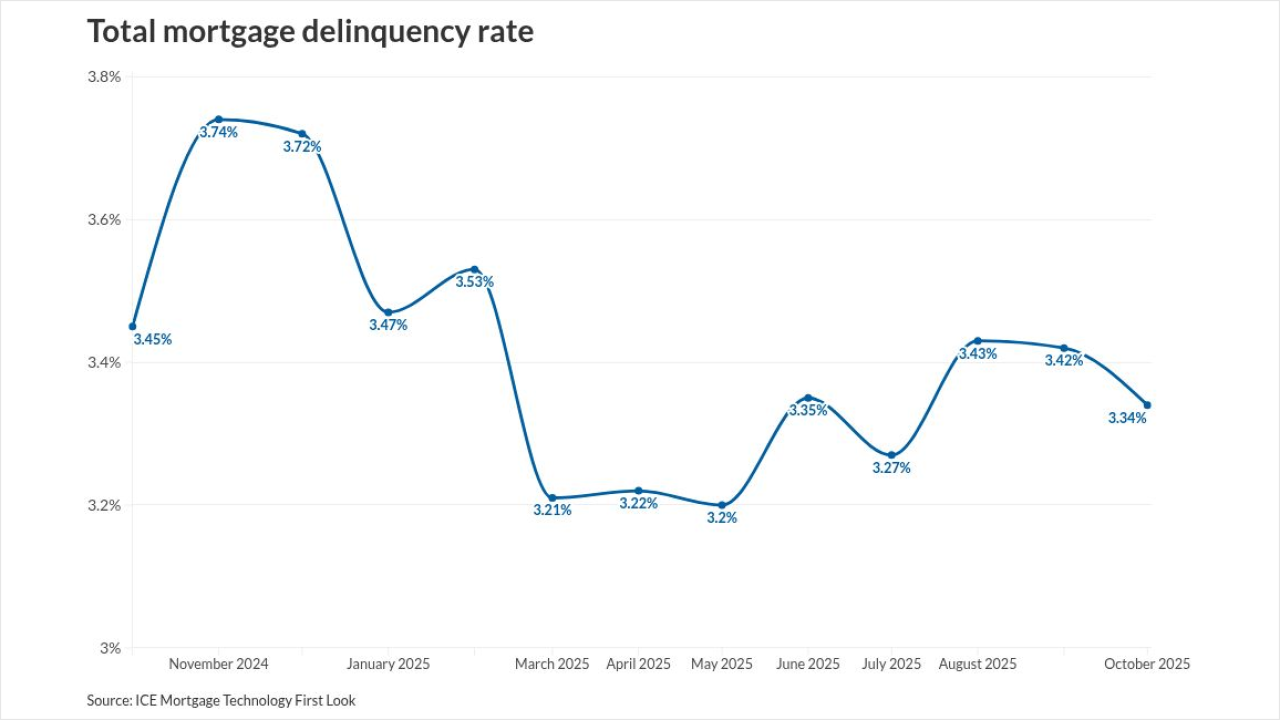A surge in demand for used-car loans in May and June helped Ally Financial to post a modest second-quarter profit in spite of the sputtering new-car market.
Ally reported net income of $241 million, which was down from the $582 million that it recorded in the year-earlier period, but an improvement from its $319 million loss in the first quarter of 2020.
The Detroit-based company reported a 26% decrease in consumer auto loan originations from the same period in 2019, amid pandemic-induced declines in both the inventory of new vehicles and the number of U.S. consumers visiting dealer showrooms.

But while loan applications for new vehicle purchases remained down by more than 10% late in the second quarter, demand for used cars rebounded sharply as shelter-in-place orders were lifted.
Some 60% of Ally’s consumer auto originations in the second quarter were used-vehicle loans, the highest percentage in the history of the company.
Chief Financial Officer Jennifer LaClair attributed the shift in consumer preferences partly to the economic uncertainty caused by the pandemic. “We’re just seeing really strong demand for used in an environment where new-car supply is so low, and wallets are challenged,” she said in an interview.
As at many other banks, the low interest rate environment hurt Ally during the second quarter. The auto lender’s net interest margin declined from 2.66% a year earlier to 2.40%.
But the negative trends were partially offset by the recent rebound in U.S. stock prices. Ally recorded a $90 million gain from changes in the fair value of equity securities that it holds, up from a $185 million loss during the first quarter.
The company’s second-quarter earnings were also bolstered by a substantial decrease in its provision for credit losses. Ally set aside $256 million for loan losses, down from $766 million during the first quarter.
“We built a very large COVID-related reserve in Q1,” LaClair said. “We didn’t really need to add as significantly as some other banks did.”
The scale of Ally’s eventual pandemic-related losses will depend partly on the performance of more than $1 billion of auto loans that went into forbearance this spring. Ally reported that 87% of its auto-loan customers in forbearance were current on their loans before being placed into deferral status, and 24% of them made a payment in June before their scheduled due date.
Ally operates an online-only deposit franchise that targets savers. The company reported $131 billion of deposits at June 30, up 13% from last year’s second quarter, as many Americans flocked to the safety of federal deposit insurance. Ally also said that it had $43.5 billion in cash and other liquid holdings, up from $26.3 billion a year earlier.
Some of that liquidity may prove useful as car production ramps up since, as LaClair noted, auto dealers are expected to resume borrowing to finance the vehicles in their showrooms.
“Having some excess liquidity on the balance sheet is not a bad thing in times like this,” LaClair said. “It allows us to be very specific around where we deploy that liquidity, and very prudent.”





